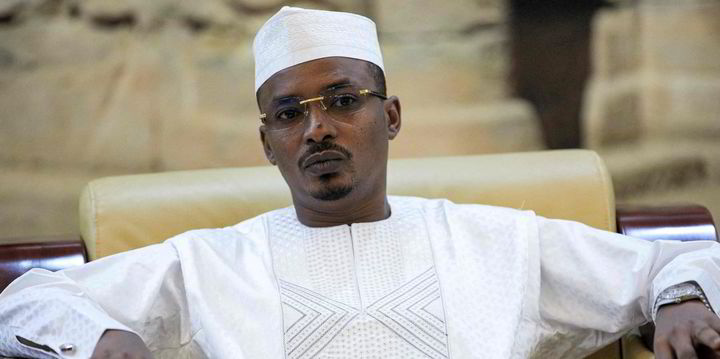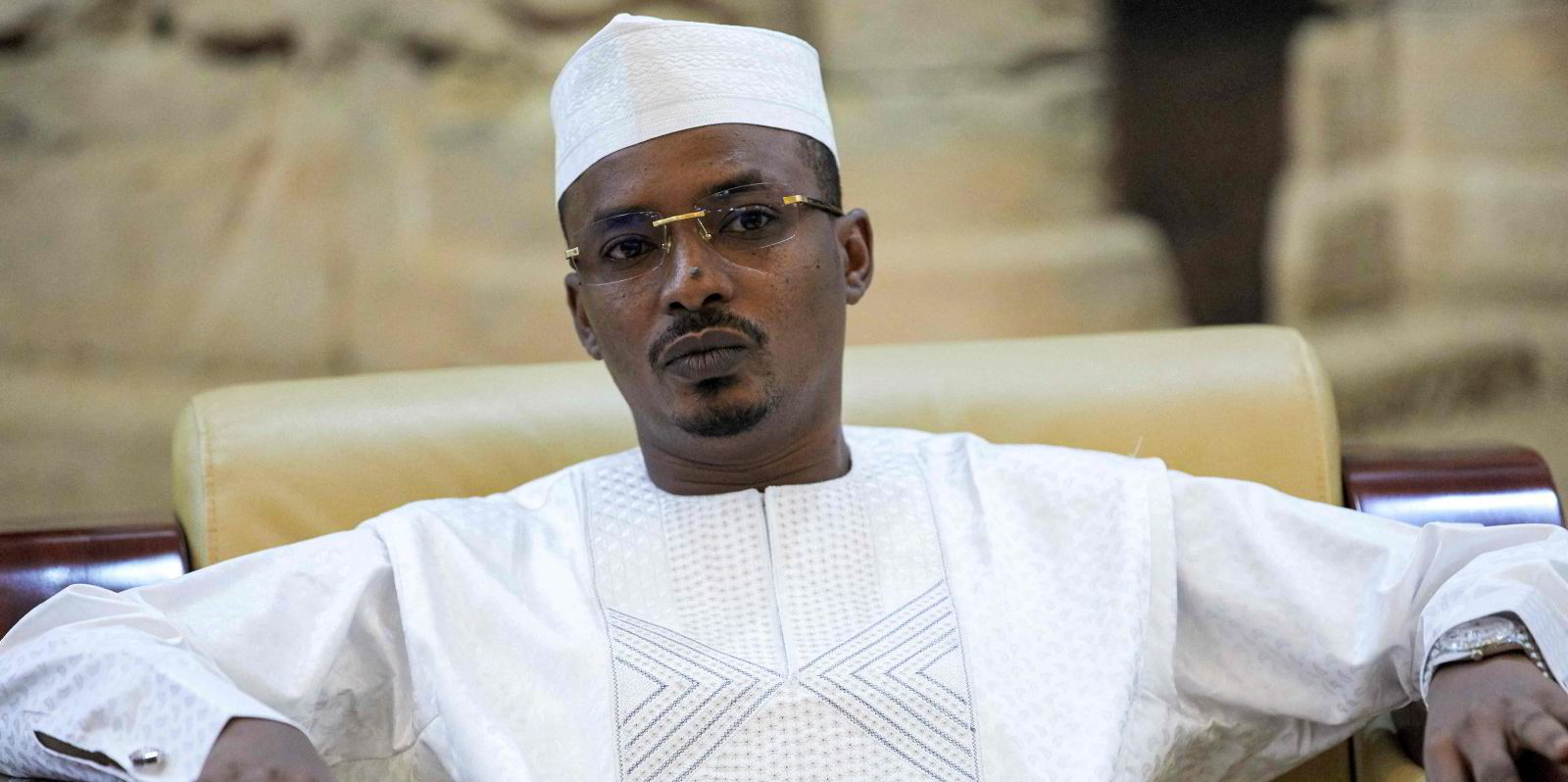The war of words between Chad’s government and UK-based Savannah Energy has been further amplified after Ndjamena’s authorities objected to claims made yesterday by the London-listed player about ownership of oil assets in the country.
In late 2021, Savannah struck a $626 million deal to buy stakes held by Malaysia’s Petronas, and US supermajor ExxonMobil in Chad’s Doba basin oilfields and in the Chad-Cameroon oil export pipeline.
However, a year later, the Petronas element of the transaction collapsed and Savannah and Ndjamena have since been locked in dispute over the $407 million ExxonMobil part of the deal.
On 23 March, Chad President Mahamat Idriss Deby signed a decree nationalising ExxonMobil’s assets in the country, including the Chad sector of the export pipeline, a move that saw Savannah lodge an arbitration claim with the International Chamber of Commerce in Paris.
Yesterday, in its quarterly results update, Savannah continued to claim ownership the oilfields and a stake in the pipeline, a stance Chad described as “misleading” and one that cannot remain “unchallenged.”
In a statement, the government said Savannah has no right to the Chad assets, claiming that legal and contractual requirements governing the transfer of the Doba upstream assets and rights held by ExxonMobil unit Esso Tchad as well as of the related interests in the Totco (Chad Oil transportation Company) and Cotco (Cameroon Oil Transportation Company) operating the Chad-Cameroon pipeline “were grossly breached”.
Article continues below the advert
It also argued that Savannah — whose shares have been suspended from trading since 9 December 2022 pending shareholder approvals and documentation for the reverse takeovers — has falsely claimed credit for boosting production from the Doba oilfields for the months it had control of the ExxonMobil assets.
“Savannah… was not responsible for a 9% production increase from upstream Doba assets. Any such production increase was achieved by local Chadian managers who were no longer restrained by ExxonMobil’s pre-exit policies,” the government statement said.
“Savannah would be hard-pressed to prove any financial or technical contribution to the operations of the Doba fields between December 2022 and March 2023,” it added.
The government said it respects the rule of law to create the right environment for investors, but to protect public interest it had no alternative to “enacting a nationalisation law”.
Ndjamena added that it “stands ready to treat indemnification claims in a fair manner, taking account of all relevant considerations,” but warned it “will assert its right to ensure that its sovereign prerogatives enshrined in contracts and laws are respected”.
Savannah said yesterday that the Chad government’s actions “are in direct breach of the upstream conventions to which Savannah Chad Inc and the Republic of Chad are, amongst others, party, together with a direct breach of the convention between Totco and the government of Chad”.
At the heart of the dispute is how Savannah acquired ExxonMobil’s assets, with Ndjamena claiming in a statement issued on 31 March that it never approved the deal and had “expressed its opposition to the transfer on a number of occasions.”
The government also alleged the terms of the agreement were “concealed” from Chad and state oil company SHT “in flagrant breach” of agreements in force with the US supermajor.
Ndjamena also claimed SHT was “unlawfully denied the exercise of its pre-emption rights over the transfer.”
Also, the government alleged that “Esso-ExxonMobil and Savannah Energy did everything in their power to precipitate the alleged completion of this transfer, with Esso-ExxonMobil going so far as to sell their assets to Savannah on credit, raising serious questions about Esso-ExxonMobil’s desire to avoid compensating Chad for suspected breaches of their environmental obligations”.
Ndjamena alleged that the deal “is little more than an attempt to force the the government’s hand by presenting it with a fait accompli and seizing the country’s key strategic assets against its will.”
The government said it only resorted to nationalisation because it failed to resolve the dispute amicably.
Ndjamena said the decision aimed to “quickly put an end to Savannah’s interference in Chad, thereby preventing this junior oil company, which has never satisfactorily demonstrated its technical and financial capabilities, from disrupting the entirety of Chad’s oil sector”.
ExxonMobil declined to comment on these allegations, referring Upstream to a Savannah statement issued on 24 March in which it said it “intends to pursue all of its legal rights”.

